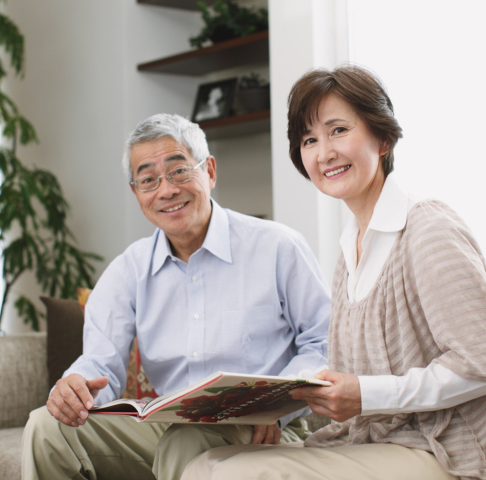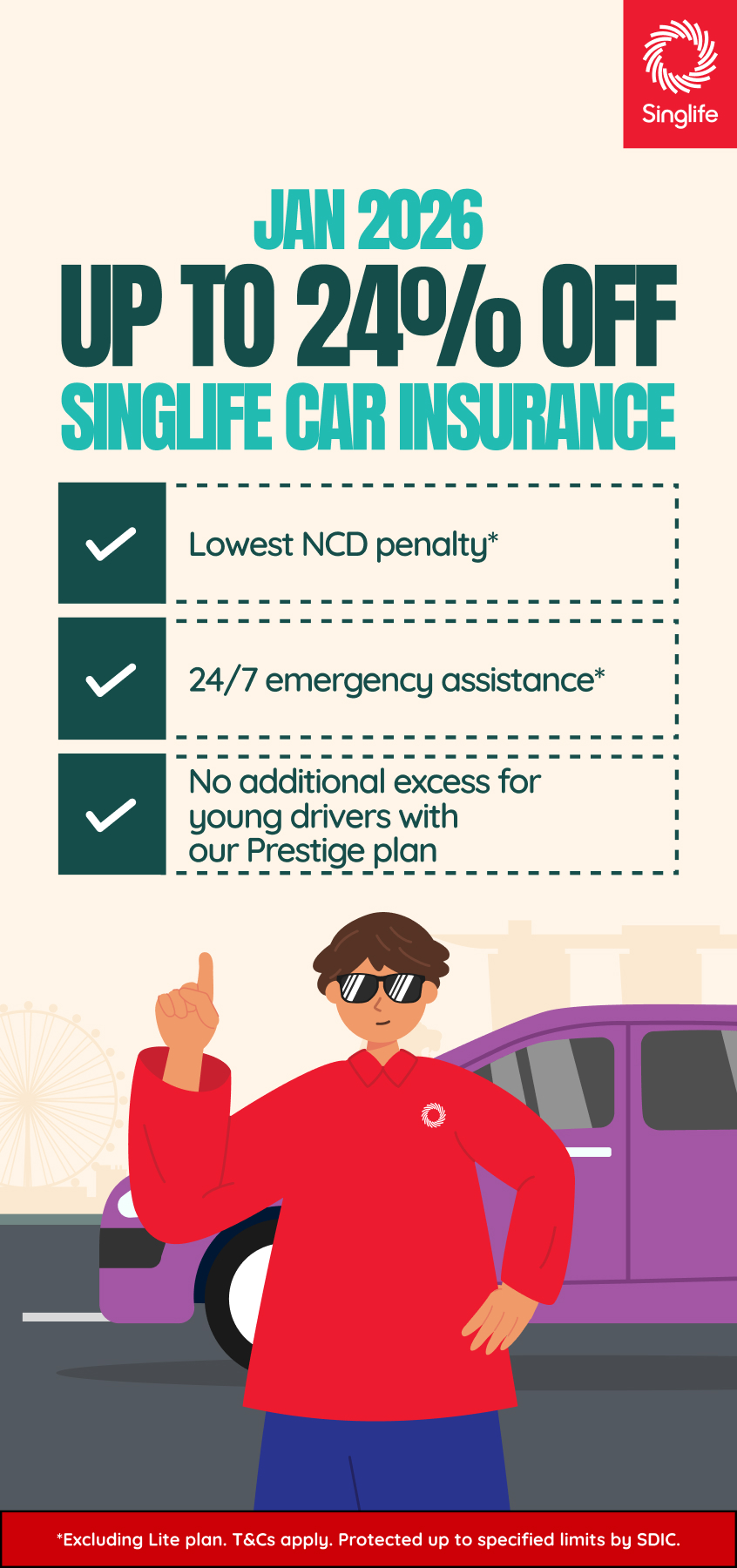Most of us associate a holiday with a chance for a well-deserved break, along with the hoo-ha of planning time away to explore while disconnecting from work responsibilities.
Yet there are some who may feel overwhelmed with the fuss of travel or feel intense unease at the prospect of being away from home. We might break into a cold sweat thinking about being in a crowded airport or feel jittery boarding a plane.
To help you decipher those butterflies in your belly just before a getaway, I spoke to Dr Ng Beng Yeong, a psychiatrist from Ng Beng Yeong Medicine Clinic, to give you a low-down on travel anxiety and how you can handle it.
There’s nothing to be ashamed of
The most crucial thing to know when it comes to travel anxiety is to know you are not alone1 and there are many reasons which might cause these feelings:
- You’re generally nervous, introverted or have other anxiety disorders
- You have physical health conditions such as heart arrhythmia or breathing issues
- You’re taking certain types of medication or dependent on high levels of caffeine or stimulants
- Your lifestyle is generally stressful, and you often find it challenging to relax
“People are generally more anxious about travel nowadays as many have not travelled in a while due to the pandemic,” Dr Ng says. So, even if you don’t have a history of anxiety, these feelings may still occur.
How do I know if I have travel anxiety?
Everyone handles their emotions in different ways, and feeling anxious is common.
However, there are several red flags about travel jitters which you need to pay closer attention to:
- Increased heart rate or shortness of breath – you might feel trapped or smothered, leading to panic or heightened fearfulness
- You may have physical reactions such as excessive sweating, hot or cold flashes, trembling and dizziness. Sometimes these lead to chest or stomach pains or nausea
- You find yourself unable to focus on anything except the fear of losing control during a trip, tethering on paranoia about the worst-case scenario
“Patients may worry and feel fearful for weeks leading up to their trip or experience insomnia,” Dr Ng says. So, if the symptoms begin to affect your daily functions, it might be time to consider seeking professional help.
What can a doctor do for me?
There is no shame in admitting one needs help and you’re definitely not alone. In fact, the World Health Organisation (WHO)2 has reported that the number of mental health cases such as anxiety and depression increased by 25% within the first year of the COVID-19 pandemic. Seeking help not only helps you pinpoint the underlying causes but is also a way to learn how to cope.
“Seeing a psychiatrist isn’t the only option – you can see a GP (General Practitioner) who can help with pinpointing the causes of your travel anxiety,” Dr Ng says. “Is it flying in an airplane? Being away from loved ones? Is the inability to follow daily routine or a fear of the unknown fuelling the travel anxiety?”
A health professional could offer solutions to manage these thoughts and work with you on treatment, whether with medication or other forms of therapy.
How can I cope with travel anxiety?
While getting professional help is important, we may find ourselves needing a little planning to set ourselves up for success. Here are some tips when it comes to making sure you can keep calm on vacation.
Before
- Manage your expectations and move at a pace you’re comfortable with.
- If you aren’t ready to take a plane, or if the idea of going too far away for too long is confronting, ease into it. Try planning a cruise holiday or drive out of Singapore for a day trip – after all, not all holidays require being in an airport or air transit.
- Allow yourself ample time so your fear of the unknown doesn’t set you back. Whether it’s getting to the airport, waiting at the boarding gate or taking time to get settled into your seat, build some semblance of familiarity to ease those worries.
- Take steps to assure yourself you’ll be safe – put an emergency contacts list together, plan for contingencies and most importantly, keep yourself assured with a reliable travel insurance cover so you know you won’t be left stranded if the unexpected happens.
During
- Keep yourself busy – in the same way we distract kids on a flight, keep yourself occupied. Pack your favourite book, treat yourself with snacks or load up on games you can play throughout the flight to keep out anxious thoughts.
- If you’re travelling with someone, they can keep you occupied with conversation or practising grounding techniques with you in the form of confidence-boosting mantras or deep-breathing exercises which can ease your heartrate or keep your body from locking into nervous tension.
After
- Allow yourself time and space to decompress and celebrate your milestone.
- Take a moment to breathe, and if you still don’t feel well, request for assistance from the airport or flight staff.
- Remember to enjoy your holiday at a pace you’re comfortable with.
Travelling is becoming a privilege for many of us, but it’s necessary to put yourself first. Whether it’s a short daytrip, a cruise holiday to nowhere or a two-week winter getaway at the end of the year, do what makes you comfortable and go at your own pace.
If you or someone you know requires help, there are professionals you can turn to for advice and treatment. If it’s an emergency, there are resources within Singapore which can also help with providing assistance or support at all hours of the day.
Notes
1. Source: ABC News, “International borders are open but are you feeling anxious about travelling? You’re not alone”, accessed on 24 July 2023.
2. Source: World Health Organization, “COVID-19 pandemic triggers 25% increase in prevalence of anxiety and depression worldwide”, accessed on 1 August 2023.








